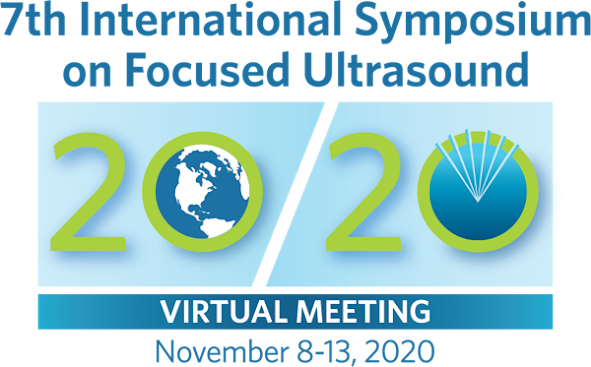NaviFUS System Approved For Use in Alzheimer’s Disease Clinical Trial in Australia
Genovate Biotech (4130) subsidiary NaviFUS has scored some more good news on its R&D front. Not long after receiving approval for its rGBM clinical trial in Taiwan, NaviFUS has also received approval to begin human clinical trials for Alzheimer’s Disease treatment in Australia. The company is a world-leading developer of transcranial focused ultrasound (FUS) technology specializing in safely and non-invasively delivering FUS energy into the brain.
Genovate has stated that the NaviFUS system can be used to treat Central Nervous System (CNS) diseases and plans to conduct its first clinical trial for the treatment of Alzheimer's Disease in Australia to evaluate safety and efficacy. This trial was approved by the Innovations Committee and Ethics Committee in mid-August at The Alfred Hospital in Monash University, one of the most prestigious academic-medical institutions in Australia. NaviFUS System is the world’s first FUS device that combines Neuronavigation – an optical tracking system commonly used in neurosurgery – and NaviFUS’ patented technology, allowing FUS energy to be directed to the hippocampus with pinpoint accuracy.
To our knowledge, the only medical device approved by the European Union at this time for the treatment of Alzheimer’s disease is the Transcranial Pulse Stimulation (TPS) device developed by Swiss company Storz Medical. It has been reported to help maintain cognitive abilities or improve Alzheimer’s Disease symptoms. The device uses continuous and repeated single acoustic pulses that can stimulate the brain to a depth of about 8 cm, but its mechanism does not involve opening the Blood-Brain Barrier (BBB).
The NaviFUS System provides a new treatment method. Guided by a precise navigation method, it releases FUS energy to a depth of about 10 cm in the brain to the hippocampus. This can effectively and temporarily open the BBB, improve circulation, reduce the accumulation of amyloid-β (Aβ) and Tau protein, and activate the scavenger effect of microglia to help promote neurogenesis; the clinical applications mentioned all present potential interventions to help treat Alzheimer's Disease.
Genovate’s CEO Cindy Zhu stated that about 20-30% of healthy elderly people have moderate to high levels of Aβ, but do not exhibit obvious cognitive decline. The hippocampus is usually the most affected region of the brain in Alzheimer’s Disease patients, and it also plays a major role in neurogenesis in normal adult brains. NaviFUS hypothesizes that given the NaviFUS System’s clinical applications, under the long-term and repeated exposure in the hippocampal region, it can help promote amyloid plaque clearance and stimulate neurogenesis, leading to a translational therapeutic effect.
Chairman Jen Chen pointed out that the NaviFUS trial in Australia will be the world's first clinical trial demonstrating the utility of a Neuronavigation-guided FUS device for neural stimulation in Alzheimer’s Disease patients. The trial will measure Alzheimer’s Disease-related indices and biomarkers such as Aβ and Tau protein as endpoints; in addition, the trial will also monitor Depression symptoms as an endpoint and explore possible correlations with Alzheimer’s Disease, since it has been reported to have strong comorbidity with neurodegenerative diseases.
https://m.ctee.com.tw/livenews/aj/a88131002020081814014302


Comments
Post a Comment